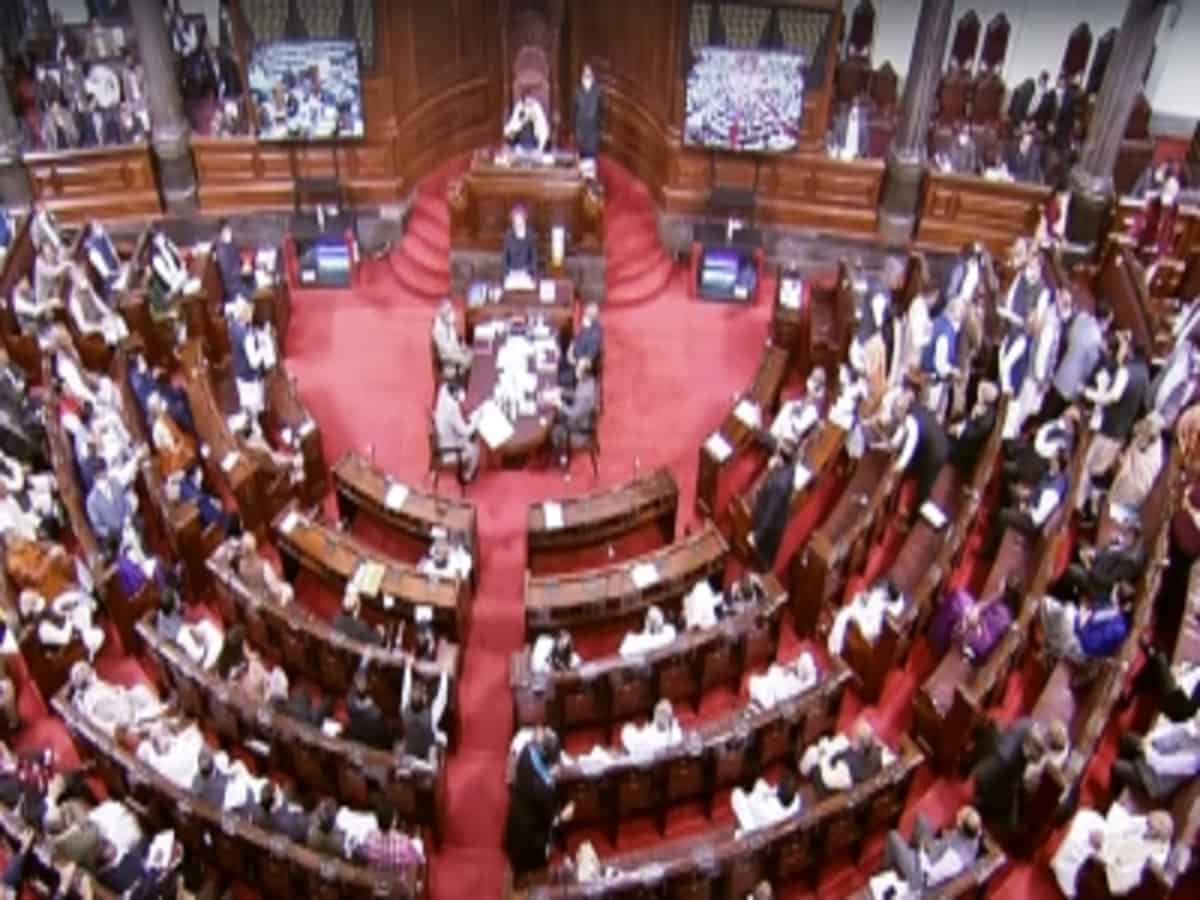
Delhi: A landmark bill to reserve one-third of the seats in the Lok Sabha and state assemblies for women was introduced in the Rajya Sabha on Thursday, with Law Minister Arjun Ram Meghwal saying it is part of a series of measures the government has taken for the empowerment of women.
Introducing the 128th Constitution Amendment Bill, which was approved by a two-thirds majority in the Lok Sabha on Wednesday, Meghwal recounted the measures initiated by the Narendra Modi government for the empowerment of women over the last nine years.
From opening zero-balance Jan Dhan accounts in the name of women to constructing lakhs of toilets, making women owners or co-owners of dwelling units given under the Pradhan Mantri Awas Yojana and giving free cooking gas connections to women were steps to give dignity and respect to women, he said, adding that 68 per cent of the beneficiaries under the Pradhan Mantri MUDRA Yojana (PMMY) are women.
Meghwal said the 33 per cent reservation for women in the Lok Sabha and state assemblies will be both horizontal and vertical, thereby applying to the SC-ST category as well.
The delimitation commission, he said, will decide which seats will go to women.
Earlier, Rajya Sabha Chairman Jagdeep Dhankhar said he has dispensed with the provision of giving a two-day notice before the introduction of a bill so as to allow the women’s reservation bill to be tabled and discussed in the Upper House the very next day of its passage in the Lok Sabha.
Dhankhar also named several women MPs, including P T Usha, Jaya Bachchan (SP), Fauzia Khan (NCP), Dola Sen (TMC) and Kanimozhi NVN Somu (DMK), as vice-chairpersons who would take turns to conduct the House proceedings during the discussion on the bill.
He said seven hours and a half have been allocated for the discussion on the bill, with the lunch hour being dispensed with.
The legislation is widely expected to get the approval of the Upper House.
It will then require the approval of a majority of the state assemblies. It will be implemented after a delimitation exercise based on the Census data.
This is the seventh attempt since 1996 to get the women’s reservation bill passed.
Women presently make up for nearly half of India’s 95 crore registered voters but comprise only 15 per cent of lawmakers in Parliament and 10 per cent in the state assemblies.
The 33 per cent reservation for women will not apply to the Upper House of Parliament and state legislatures.



